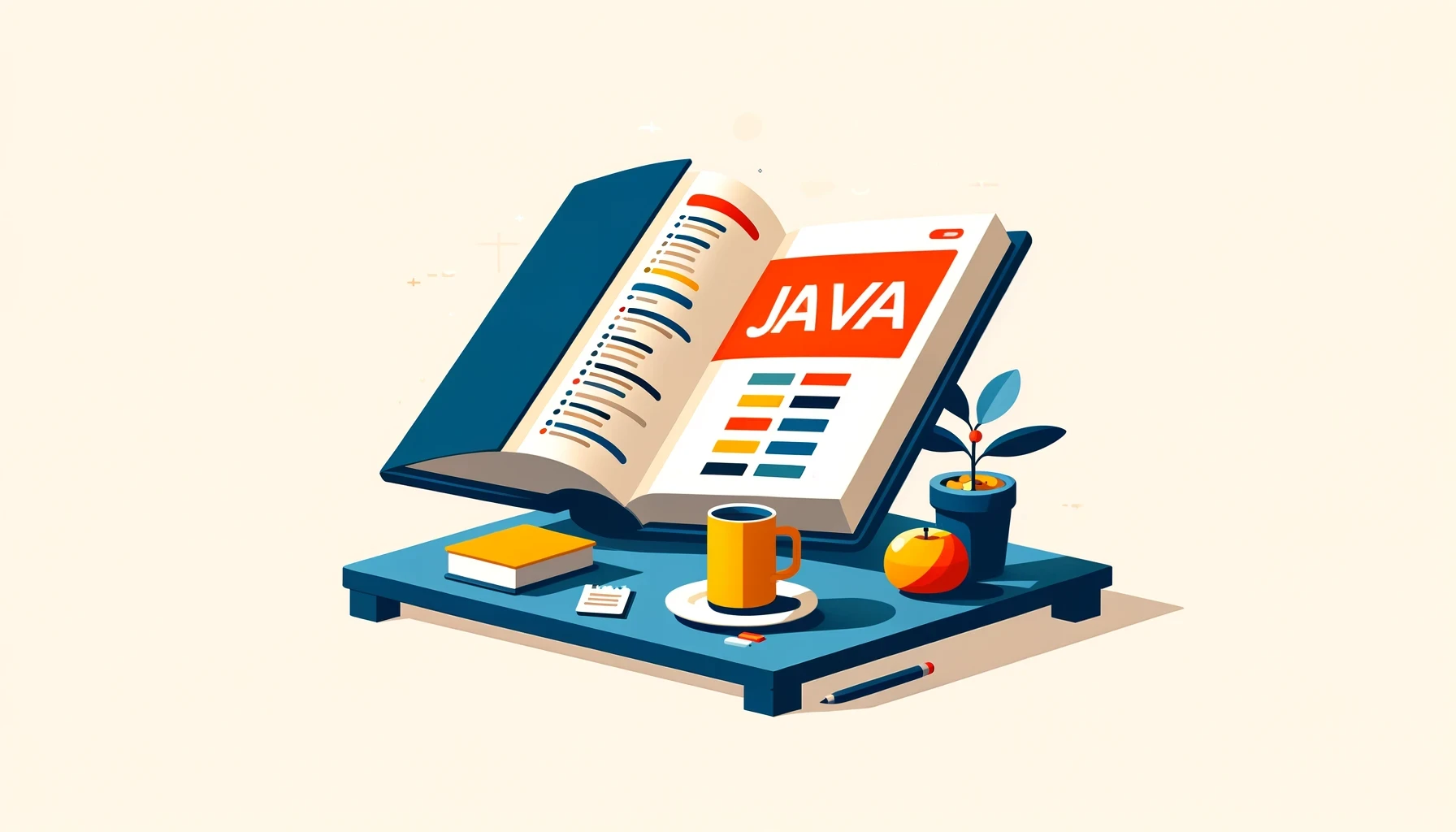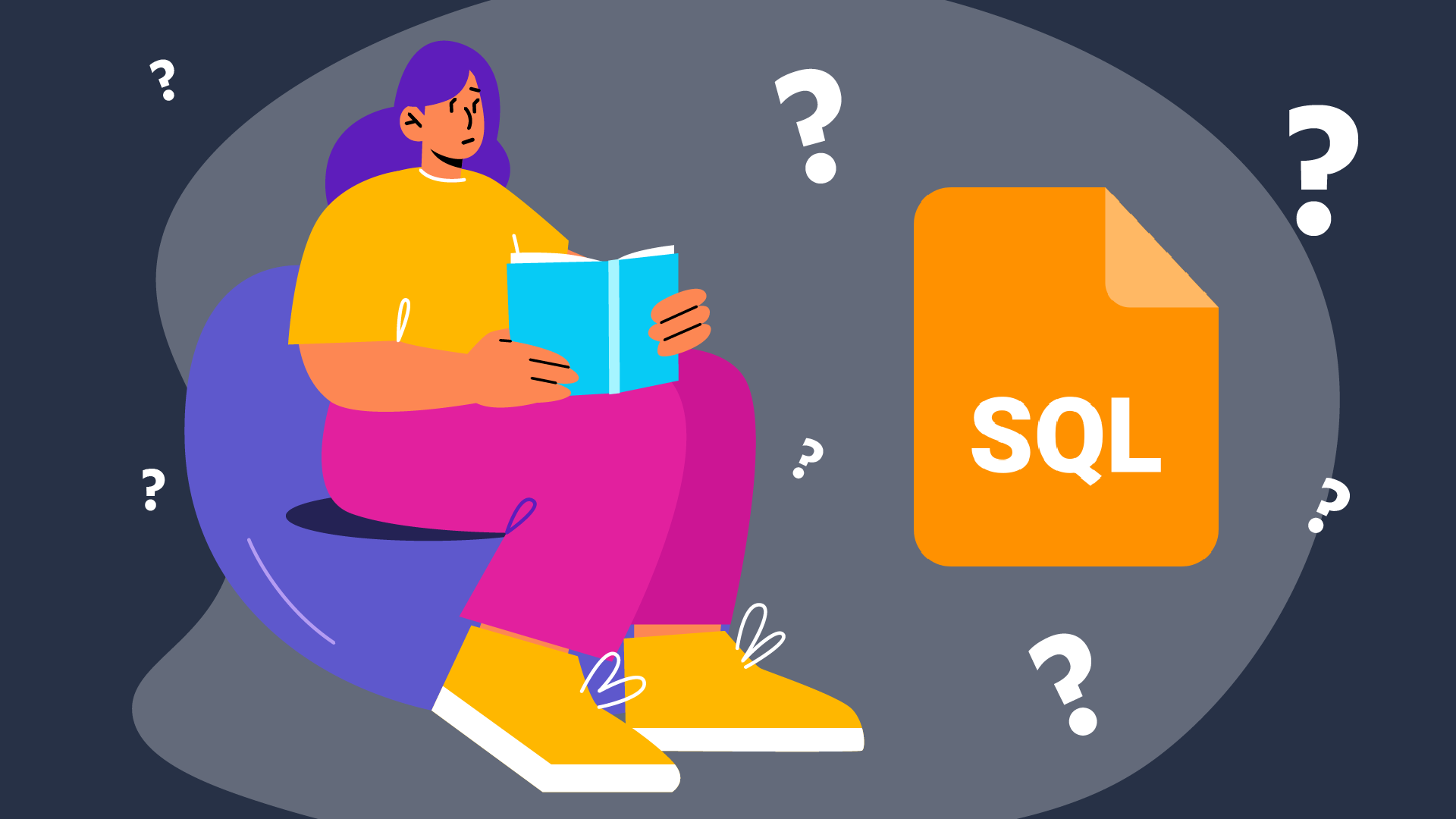Related courses
See All CoursesBeginner
C++ Introduction
Start your path to becoming a skilled developer by mastering the foundational principles of programming through C++. Whether you're starting from scratch or already have some coding experience, this course will provide you with the solid foundation needed to become a proficient developer and open the doors to a wide range of career opportunities in software development and engineering. Let's study C++!
Beginner
Introduction to Python
Python is a high-level, interpreted, general-purpose programming language. Distinguished from languages such as HTML, CSS, and JavaScript, which are mainly utilized in web development, Python boasts versatility across multiple domains, including software development, data science, and back-end development. This course will guide you through Python's fundamental concepts, equipping you with the skills to create your own functions by the conclusion of the program.
Beginner
Introduction to JavaScript
Learn the fundamentals of JavaScript, the backbone of dynamic web development. Discover essential concepts like syntax, variables, data types, and operators. Explore how to use conditional statements, loops, and functions to create interactive and efficient programs. Master the building blocks of JavaScript and lay the groundwork for more advanced programming skills.
Preparing for Your Job Interview Questions with a Recruiter
Answering Common Job Interview Questions and Making a Lasting Impression

Preparing for an interview can be a daunting task, but with the right strategies, you can make a lasting impression on the recruiter. Let's consider tips and strategies to navigate the interview process successfully, covering key aspects such as preparation, body language, common interview questions, and insights into what recruiters look for in a candidate.
Preparation is Key
1. Research the Company
Understanding the company's mission, values, products, and services is crucial. Familiarize yourself with recent news, achievements, and the company culture. This not only shows your interest but also helps you tailor your responses to align with the company's objectives.
2. Know the Job Description
Thoroughly read the job description to understand the skills and experiences required. Identify how your background matches the role and be prepared to discuss specific examples that demonstrate your qualifications.
3. Prepare Your Resume and Portfolio
Ensure your resume is up-to-date, highlighting relevant experiences and accomplishments. If applicable, prepare a portfolio showcasing your work. Tailor your resume to the job, emphasizing the most pertinent aspects of your experience.
4. Practice Common Interview Questions
Rehearse responses to common interview questions such as:
- Tell me about yourself.
- Why do you want to work here?
- What are your strengths and weaknesses?
- Describe a challenging situation and how you handled it.
Use the STAR method (Situation, Task, Action, Result) to structure your responses, providing clear and concise answers.
5. Prepare Questions for the Recruiter
Prepare thoughtful questions to ask the recruiter, demonstrating your interest in the role and company. Questions could include:
- What does a typical day look like in this position?
- Can you describe the company culture?
- What are the next steps in the hiring process?
Run Code from Your Browser - No Installation Required

Mastering Body Language
1. First Impressions Matter
Greet the recruiter with a smile and maintain eye contact. First impressions are formed quickly, so ensure you present yourself confidently.
2. Maintain Good Posture
Sit up straight with your feet flat on the floor. This conveys confidence and attentiveness. Avoid crossing your arms, which can appear defensive.
3. Use Positive Gestures
Nod occasionally to show you are engaged and listening. Use hand gestures naturally to emphasize points, but avoid excessive movement, which can be distracting.
4. Be Mindful of Facial Expressions
Keep your facial expressions friendly and approachable. Smile where appropriate and show enthusiasm for the role and the company.
Common Interview Questions and How to Answer Them
"Tell me about yourself."
Keep your answer concise, focusing on your professional background and how it relates to the position. Highlight key achievements and skills that make you a strong candidate.
"Why do you want to work here?"
Discuss what attracted you to the company, such as its culture, values, or recent projects. Explain how your goals align with the company's mission.
"What are your strengths and weaknesses?"
For strengths, choose qualities that are relevant to the job and provide examples. When discussing weaknesses, mention a genuine area for improvement and the steps you are taking to address it.
"Describe a challenging situation and how you handled it."
Use the STAR method to structure your answer, focusing on a specific example that demonstrates your problem-solving skills and ability to perform under pressure.
What Recruiters Look For
- Cultural Fit: Recruiters seek candidates who will thrive in the company's environment. Demonstrate your understanding of the company culture and how you embody the same values and work ethic.
- Relevant Experience: Highlight your relevant skills and experiences that match the job requirements. Be specific about your accomplishments and how they relate to the role.
- Communication Skills: Effective communication is key in any job. Showcase your ability to articulate your thoughts clearly and concisely. Listen actively and respond thoughtfully.
- Enthusiasm and Passion: Show genuine interest in the role and the company. Enthusiasm can set you apart from other candidates and indicate that you will be a motivated and dedicated employee.
- Problem-Solving Abilities: Employers value candidates who can think critically and solve problems efficiently. Provide examples of how you have successfully navigated challenges in the past.
Start Learning Coding today and boost your Career Potential

Conclusion
A successful interview with a recruiter involves thorough preparation, confident body language, and the ability to articulate your skills and experiences effectively. By researching the company, practicing common interview questions, and presenting yourself professionally, you can make a positive impression and increase your chances of landing the job. Remember, recruiters are looking for candidates who not only have the right qualifications but also fit well with the company culture and demonstrate enthusiasm for the role. With these tips and strategies, you are well on your way to acing your next interview. Good luck!
FAQs
Q: How should I prepare for an interview with a recruiter?
A: Research the company and job description, update your resume, practice common interview questions, and prepare thoughtful questions to ask the recruiter.
Q: What should I know about body language during an interview?
A: Maintain good posture, make eye contact, use positive gestures, and keep your facial expressions friendly and approachable.
Q: How can I effectively answer common interview questions?
A: Use the STAR method (Situation, Task, Action, Result) to structure your responses, providing clear and concise examples that highlight your skills and experiences.
Q: What do recruiters look for in a candidate?
A: Recruiters look for cultural fit, relevant experience, strong communication skills, enthusiasm, and problem-solving abilities.
Q: Why is researching the company important before an interview?
A: Researching the company shows your interest and helps you tailor your responses to align with the company's mission, values, and culture.
Q: How can I demonstrate enthusiasm during an interview?
A: Show genuine interest in the role and company, and convey your excitement through your tone of voice, body language, and the questions you ask the recruiter.
Related courses
See All CoursesBeginner
C++ Introduction
Start your path to becoming a skilled developer by mastering the foundational principles of programming through C++. Whether you're starting from scratch or already have some coding experience, this course will provide you with the solid foundation needed to become a proficient developer and open the doors to a wide range of career opportunities in software development and engineering. Let's study C++!
Beginner
Introduction to Python
Python is a high-level, interpreted, general-purpose programming language. Distinguished from languages such as HTML, CSS, and JavaScript, which are mainly utilized in web development, Python boasts versatility across multiple domains, including software development, data science, and back-end development. This course will guide you through Python's fundamental concepts, equipping you with the skills to create your own functions by the conclusion of the program.
Beginner
Introduction to JavaScript
Learn the fundamentals of JavaScript, the backbone of dynamic web development. Discover essential concepts like syntax, variables, data types, and operators. Explore how to use conditional statements, loops, and functions to create interactive and efficient programs. Master the building blocks of JavaScript and lay the groundwork for more advanced programming skills.
The 80 Top Java Interview Questions and Answers
Key Points to Consider When Preparing for an Interview
by Daniil Lypenets
Full Stack Developer
Apr, 2024・30 min read

Top 50 Python Interview Questions for Data Analyst
Common Python questions for DA interview
by Ruslan Shudra
Data Scientist
Apr, 2024・27 min read

The 50 Top SQL Interview Questions and Answers
For Junior and Middle Developers
by Oleh Lohvyn
Backend Developer
Apr, 2024・31 min read

Content of this article